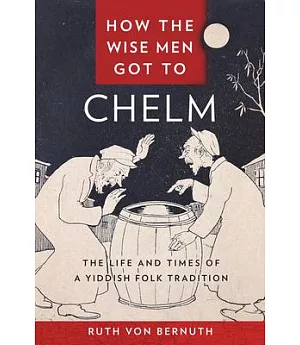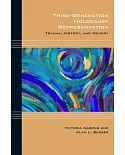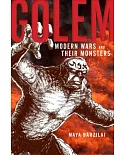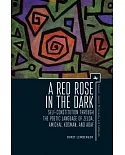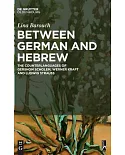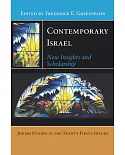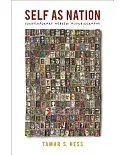While a real Polish town, Chelm also serves as God’s metaphor of Jewish identity, history, and community. Von Bernuth analyzes the connections between the German and Yiddish traditions. The
book offers the first comprehensive survey of all the collections of Chelm stories and their Yiddish precursors published between 1700 and the present. It argues that Chelm and its precursors
have functioned for more than three centuries as an ironic model of Jewish society, both utopia and dystopia, an imaginary place onto which changing questions about Jewish identity, community,
and history have repeatedly been projected. As Chelm stories were transplanted to America, well-known writers such as Isaac Bashevis Singer used the town to critique aspects of Jewish society.
Chelm’s symbolic value allows ideas and opinions, feelings, and ideologies to be expressed and questioned at the same time. It has always functioned as well as a satirical model for the
illustration of prevailing questions of Jewish history and community, history and memory, place, and time. Annotation ©2017 Ringgold, Inc., Portland, OR (protoview.com)

